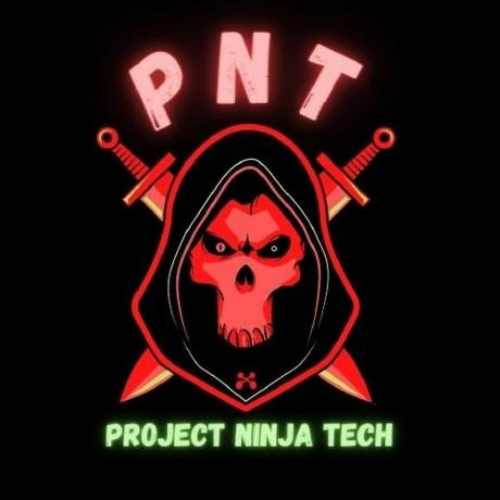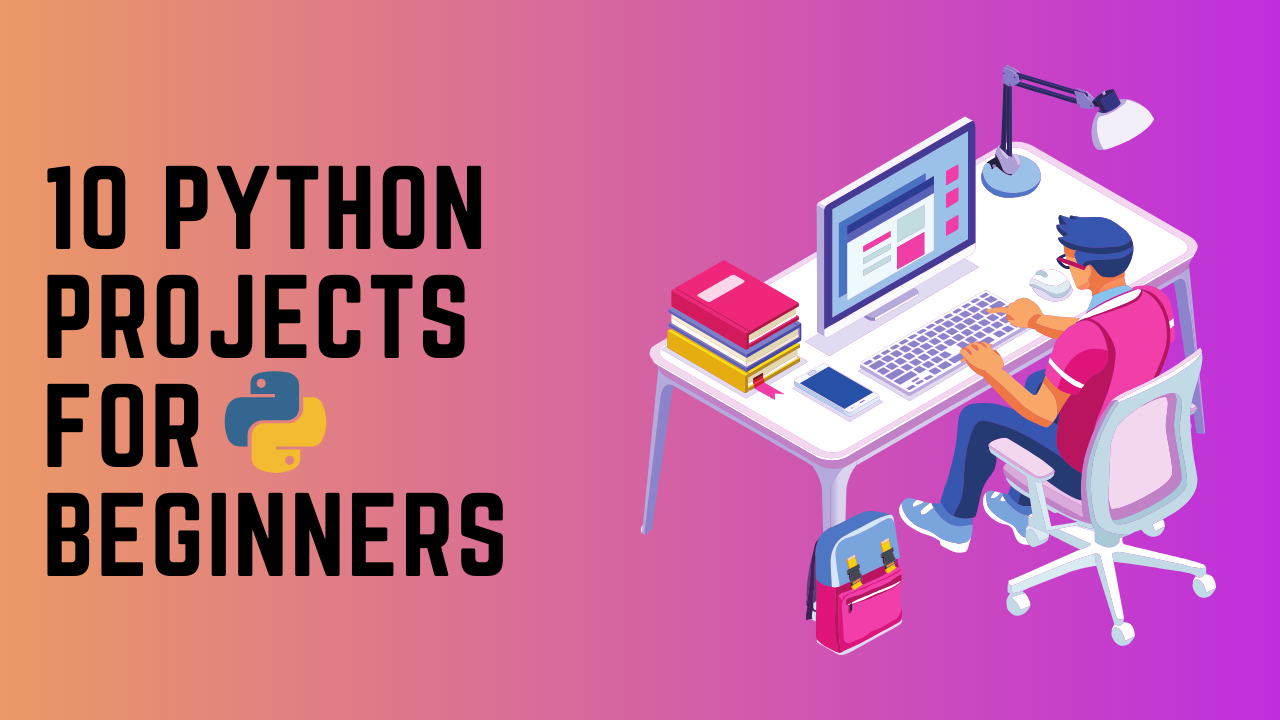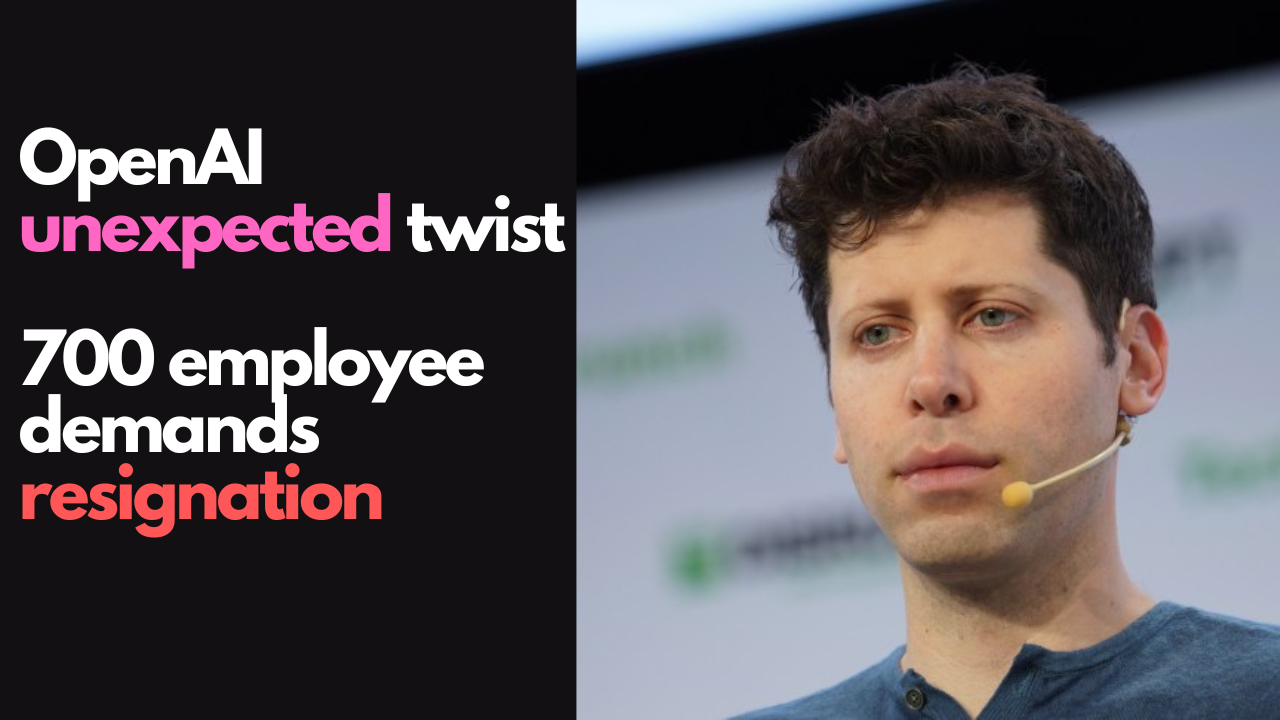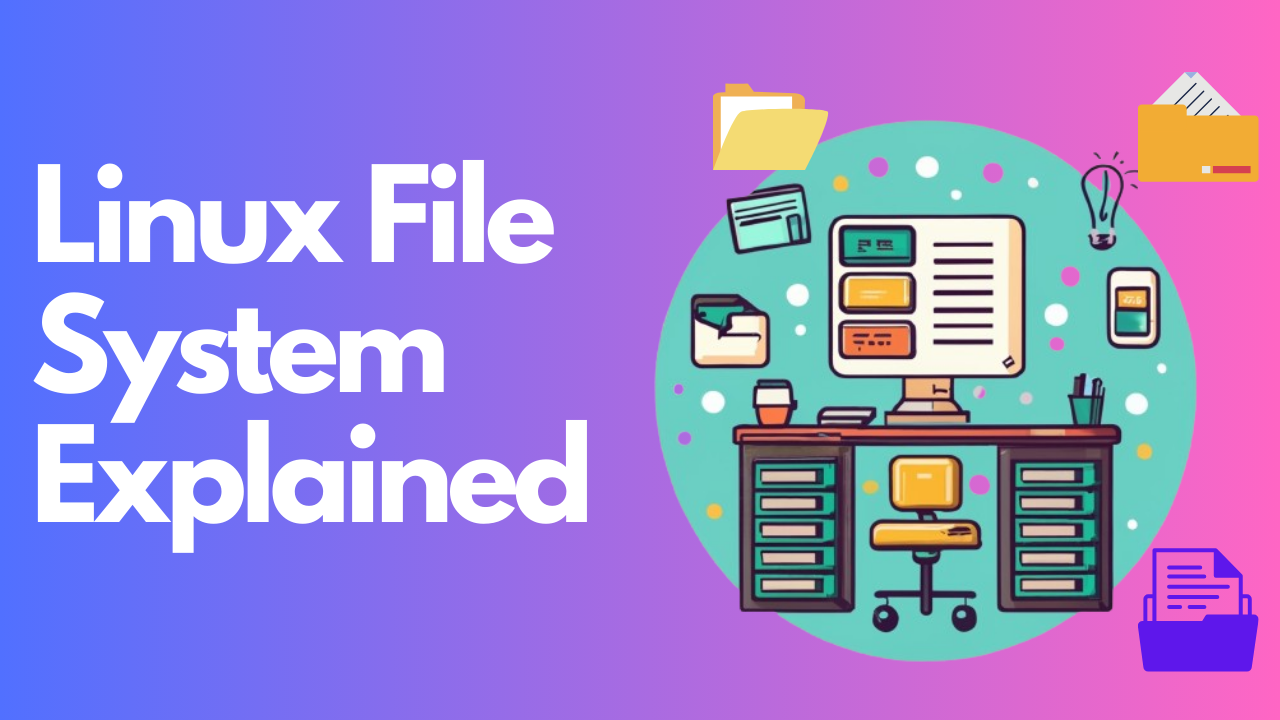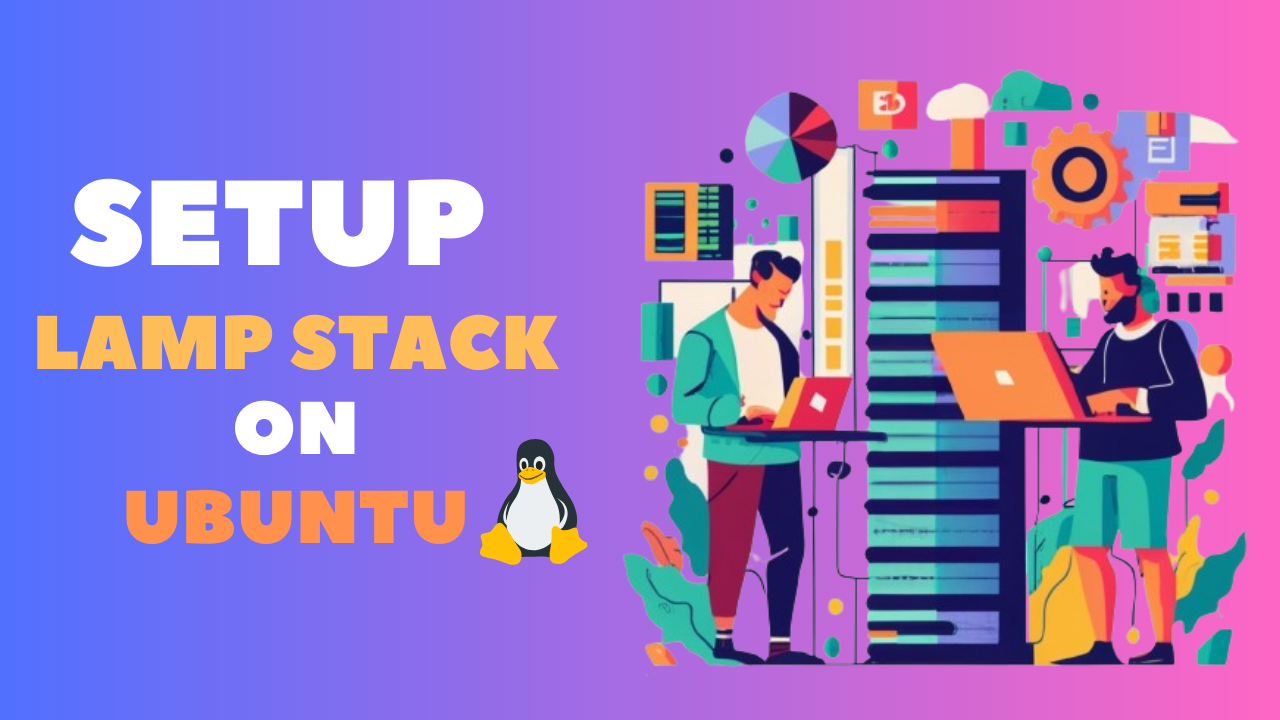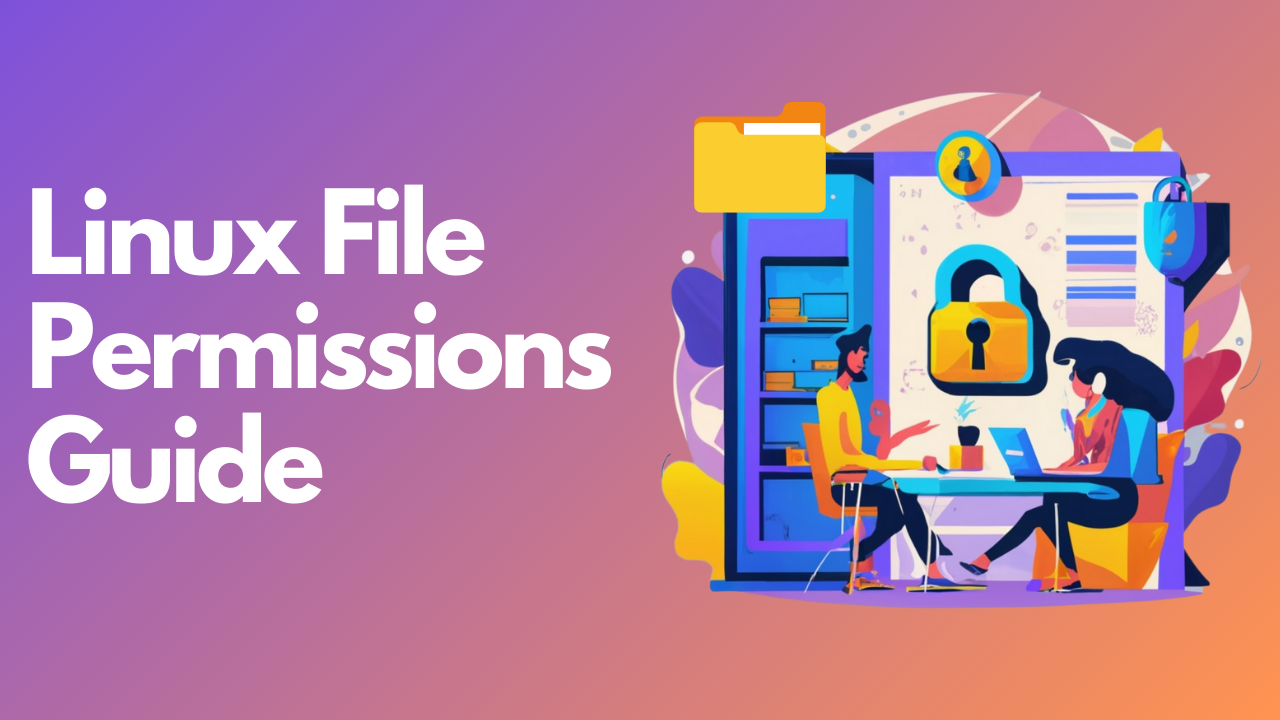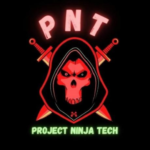Welcome to the wonderful world of Python programming! If you’re a beginner, you might be feeling excited, curious, and maybe a little bit overwhelmed because we will discuss some great Python project ideas for beginners. But fear not, young grasshopper! Building your first Python project doesn’t have to be daunting. It can be a fun and rewarding experience that helps you solidify your understanding of the language and unleash your creativity.
This article will guide you through the process of getting started on your very first Python project. We’ll explore fun and easy ideas that cater to different interests, provide resources to help you along the way, and offer tips to ensure a successful journey.
Table of Contents
Finding the Right Python Project Ideas for Beginners
The key to success is choosing a project that excites you. Think about things you enjoy doing or problems you’d like to solve. This could be anything from creating a simple math game to automating repetitive tasks or even building a website.
Here are a few Python project ideas to get your creative juices flowing:
For the Game Enthusiast:
1. Tic-Tac-Toe

This classic game provides a fantastic introduction to several key programming concepts. Here’s a breakdown of what you’ll learn:
- Variables: You’ll declare variables to store game data like board positions, player turns, and game state.
- Loops: You’ll build loops to iterate over board positions, check win conditions, and handle turns.
- Conditionals: You’ll utilize conditional statements to determine valid moves, check for winning scenarios, and display messages based on game state.
- Functions: You can create separate functions for different aspects of the game, like drawing the board, checking for valid moves, and handling player input.
2. Number Guessing Game
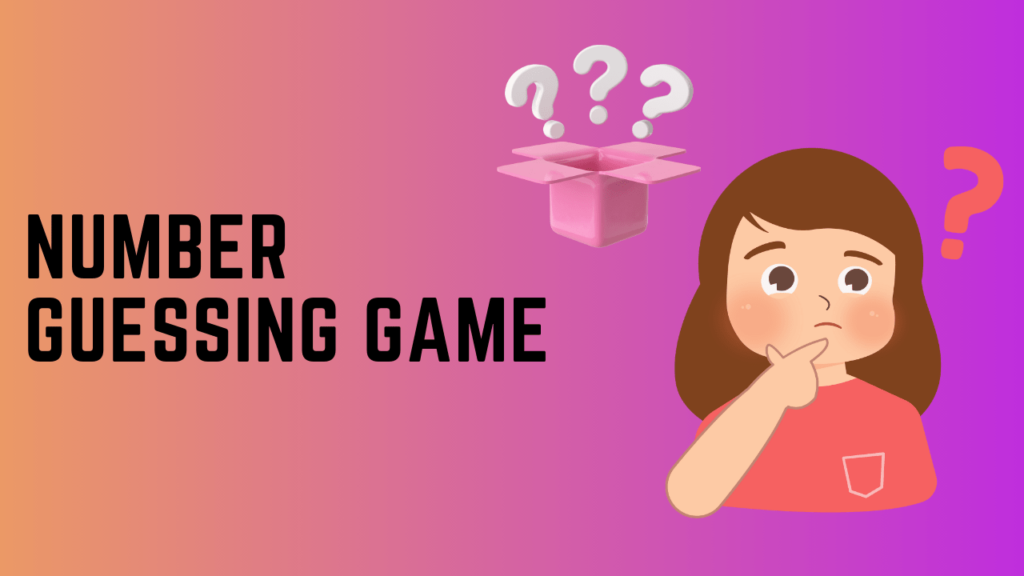
This simple yet engaging project allows you to explore random numbers and user interaction and is one of the easy and best python project for beginners. Here’s a deeper look:
- Random Numbers: You’ll utilize the
randommodule to generate a random number within a specified range, adding an element of surprise and challenge to the game. - User Input: You’ll create a user interface for accepting guesses and providing feedback through prompts and messages.
- Loops: You’ll utilize loops to manage the guessing process, providing the player with multiple attempts and keeping track of their progress.
- Conditional Statements: You’ll implement conditional statements to evaluate player guesses, determine win/loss conditions, and provide appropriate feedback.
3. Rock, Paper, Scissors

This timeless game offers an opportunity to explore functions and random numbers in action. Here’s how:
- Functions: You’ll create separate functions for each game element, like generating the computer’s choice, comparing choices, and determining the winner.
- Random Numbers: You’ll employ the
randommodule to randomly select the computer’s choice from the available options (rock, paper, scissors), adding an element of uncertainty and excitement. - User Input: You’ll design a user interface where players can choose their option, enhancing the interactive nature of the game.
- Conditional Statements: You’ll implement conditional statements to compare player and computer choices, determine the winner based on the rules of the game, and display appropriate messages.
For the Productivity Seeker:
4. To-Do List Manager
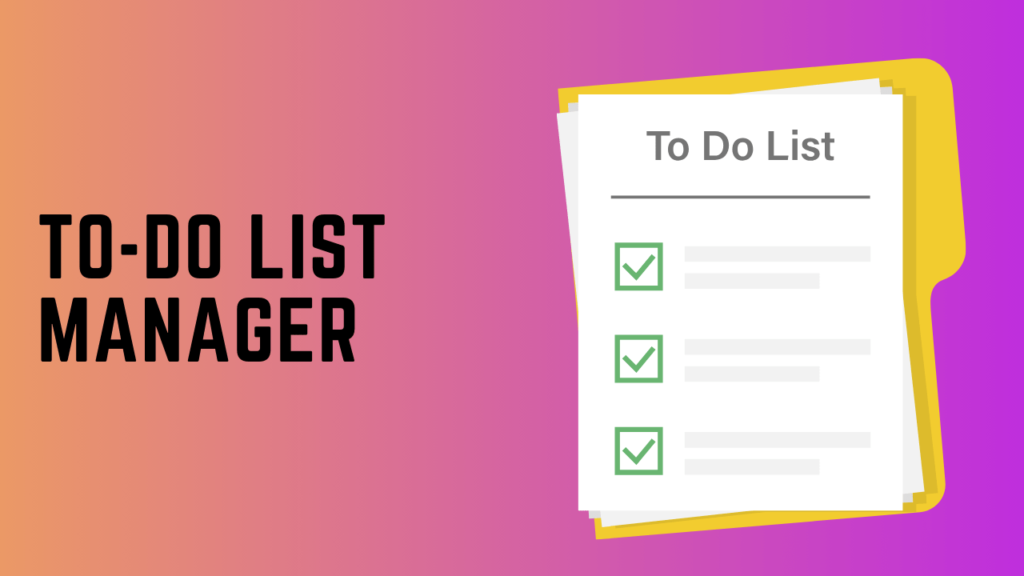
Imagine a program that helps you stay on top of your tasks, reminding you of deadlines and keeping your life organized. This python project allows you to explore:
- Data Structures: You’ll utilize lists, dictionaries, or other data structures to store and manage your tasks efficiently.
- User Interface: You’ll build a user-friendly interface for adding, editing, and deleting tasks, setting deadlines, and marking tasks as completed.
- Persistence: You’ll employ techniques like file handling or databases to save your to-do list data and ensure it persists even after closing the program.
- Notifications: You’ll implement notifications to remind yourself of upcoming deadlines and ensure no task slips through the cracks.
5. Password Generator
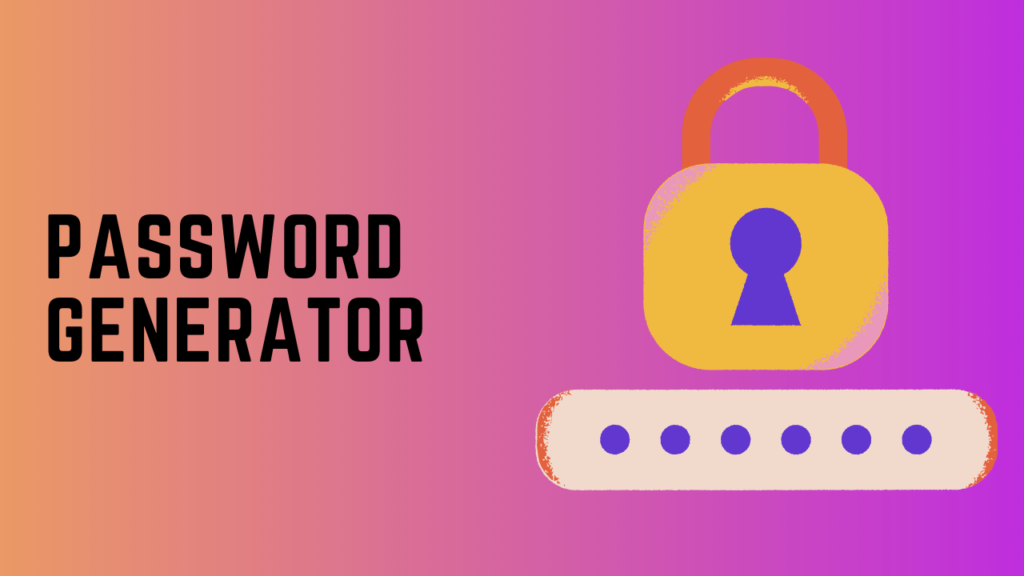
Tired of remembering multiple weak passwords? This python project helps you generate strong and unique passwords for enhanced security. Here’s what you’ll learn:
- Random String Generation: You’ll utilize libraries like
randomto generate random sequences of characters, ensuring your passwords are unpredictable. - Password Strength Measurement: You’ll implement algorithms to evaluate the strength of generated passwords, taking into account factors like length, character variety, and inclusion of special symbols.
- Customization: You’ll allow users to specify desired password length, character types, and other preferences for personalized security.
- User Interface: You’ll create a user interface for generating passwords, displaying them securely, and enabling copying or saving them conveniently.
6. Text File Organizer
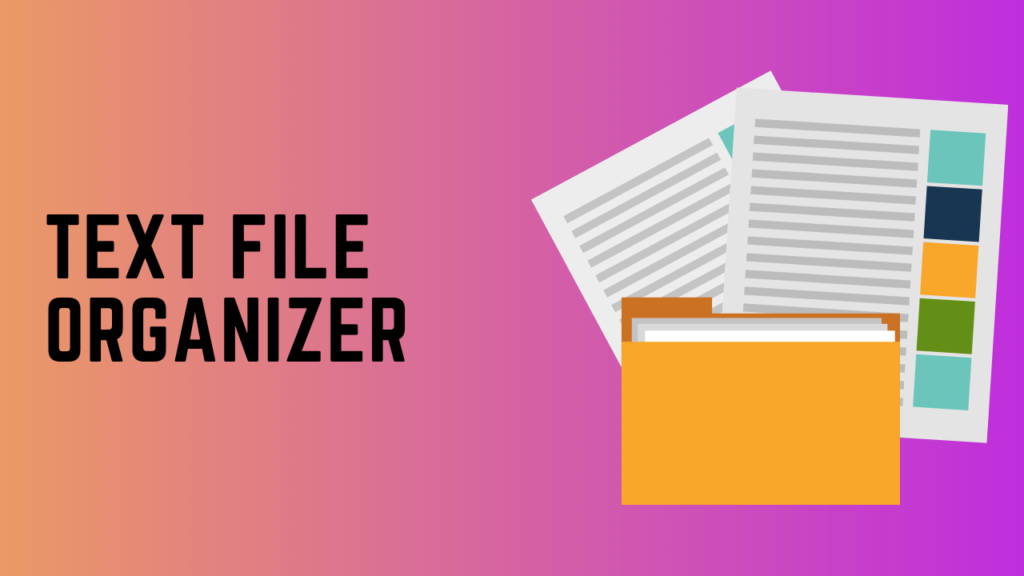
Say goodbye to cluttered folders and messy file names! This python project automates the tedious process of sorting and renaming your text files, saving you time and effort. Here’s what you’ll explore:
- File System Operations: You’ll utilize modules like
osto navigate through your file system, identify text files, and perform operations like moving, renaming, and sorting. - Regular Expressions: You’ll leverage the power of regular expressions to extract information from filenames, enabling you to rename them based on specific criteria, like date, keywords, or file size.
- User Input and Configuration: You’ll allow users to specify sorting criteria, renaming patterns, and other preferences for a customized file organization system.
- Error Handling and Feedback: You’ll implement mechanisms to handle potential errors, such as non-existent files or invalid characters, and provide users with informative feedback.
For the Data Fanatic:
7. Data Visualization
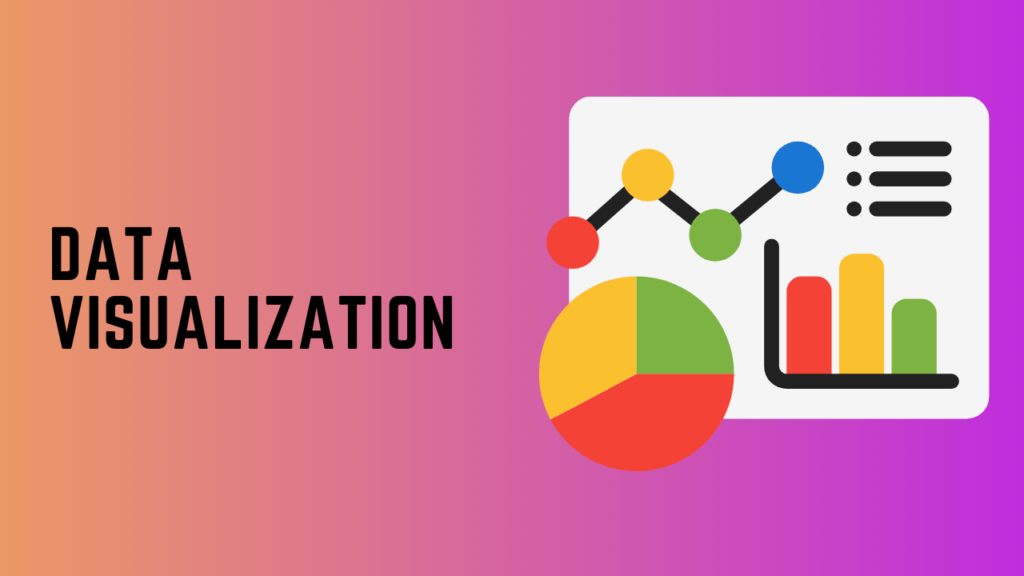
Turn raw data into compelling visuals that tell stories and reveal insights. This python project allows you to explore:
- Data Libraries: You’ll utilize libraries like
pandasandnumpyto load, manipulate, and analyze data efficiently. - Plotting Libraries: You’ll employ libraries like
matplotlibandseabornto create various types of charts and graphs, including bar charts, line graphs, scatter plots, and more. - Customization and Aesthetics: You’ll learn to customize the appearance of your charts, including colors, labels, gridlines, and annotations, to enhance clarity and impact.
- Interactive Visualization: You’ll explore libraries like
bokehto create interactive visualizations that users can explore and filter, providing a deeper understanding of the data.
8. Web Scraper
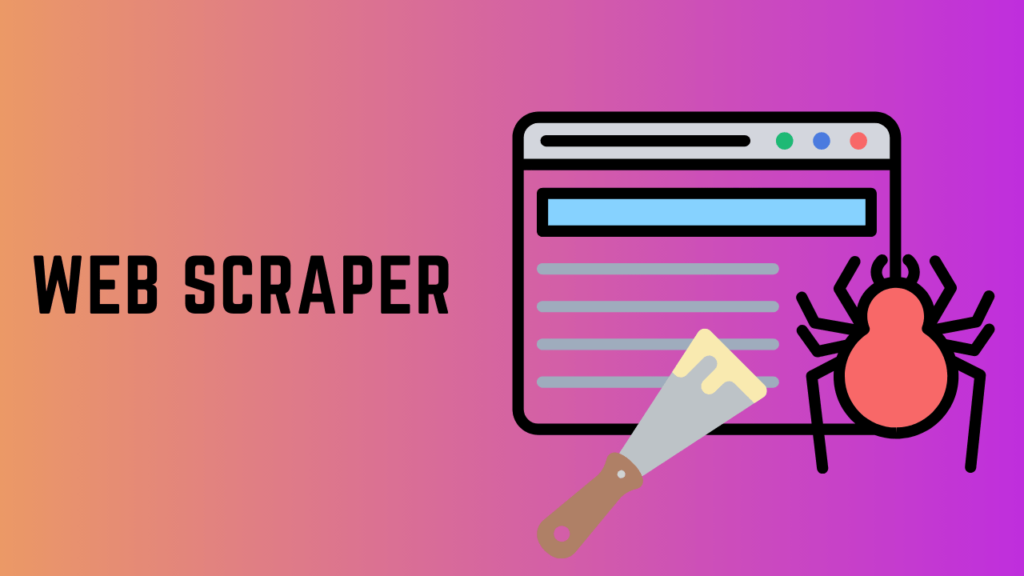
Extract valuable data from websites for further analysis. This python project will help you learn:
- HTTP Requests: You’ll utilize libraries like
requeststo send HTTP requests to websites and retrieve data in various formats, like HTML or JSON. - HTML Parsing: You’ll employ libraries like
BeautifulSoupto parse HTML content and extract specific data points using tags, classes, and other identifiers. - Data Cleaning and Manipulation: You’ll learn to clean and manipulate extracted data, removing unwanted elements and formatting it for further analysis.
- Persistence and Storage: You’ll implement mechanisms to store extracted data in files or databases for future use and analysis.
9. Budget Tracker

Gain control of your finances and make informed decisions with this program. Here’s what you’ll explore in this Python project:
- Data Structures: You’ll utilize data structures like lists, dictionaries, and databases to efficiently store and manage income and expense data.
- User Interface: You’ll create a user-friendly interface for adding income and expenses, categorizing them, and generating insightful reports.
- Data Analysis: You’ll learn to analyze your financial data, identify spending patterns, track progress towards financial goals, and make informed decisions.
- Visualization: You’ll utilize libraries like
matplotlibto create charts and graphs that visually represent your income, expenses, and financial trends.
10. Analyze Movie Sentiment with Python

This project is designed for the data fanatic who enjoys delving into the world of public opinion and exploring the power of sentiment analysis. Here’s what you’ll be doing:
Data Acquisition:
- Scrape online movie review platforms like Rotten Tomatoes or IMDB to collect movie titles, reviews, and ratings. You’ll utilize libraries like
requestsandBeautifulSoupfor web scraping and data extraction. - Clean and pre-process the collected data by removing irrelevant information, handling missing values, and normalizing text data. This step involves understanding and applying techniques like text cleaning, stemming, lemmatization, and stopword removal.
Sentiment Analysis:
- Utilize natural language processing (NLP) libraries like NLTK, TextBlob, or spaCy to analyze the sentiment of each review. You’ll learn about sentiment lexicons, machine learning models, and algorithms for sentiment classification.
- Explore different sentiment analysis approaches such as Naive Bayes, Support Vector Machines (SVM), or Long Short-Term Memory (LSTM) models. Experiment with different techniques and compare their performance for your specific data set.
Visualization and Insights:
- Create visualizations like pie charts, bar graphs, or word clouds to represent the sentiment distribution for individual movies and across the entire dataset. Utilize libraries like matplotlib or seaborn to create visually engaging and informative charts.
- Extract insights from the sentiment analysis results. Identify trends, patterns, and correlations between movie ratings, sentiment scores, and specific keywords or phrases used in reviews.
- Build a recommendation system that suggests movies to users based on their preferred sentiment or genre. This involves using the sentiment analysis results and combining them with other factors like user ratings and movie metadata.
Additional Challenges:
- Analyze the impact of specific words or phrases on the overall sentiment of a review. This can involve identifying keywords that have different sentiment weights depending on the context.
- Perform sentiment analysis on social media data related to movies, such as tweets or Facebook posts. This requires understanding the nuances of social media language and adapting your techniques accordingly.
- Build a web application that allows users to enter movie titles and receive sentiment analysis results along with relevant information like ratings and reviews. This will involve combining your Python skills with web development technologies like HTML, CSS, and JavaScript.
These are just a few examples, and the possibilities are endless! Don’t be afraid to think outside the box and come up with your own unique project idea.
Resources to Help You Along the Way
Once you’ve chosen your Python project, it’s time to gather some resources. Here are a few websites and tutorials to get you started:
- Official Python Documentation: https://docs.python.org/
- Python Tutorial for Beginners: https://www.learnpython.org/
- Python Crash Course: https://github.com/zaahidali/Crash-Course-on-Python-by-Google
- Automate the Boring Stuff with Python: https://automatetheboringstuff.com/
These resources provide comprehensive explanations, clear examples, and interactive exercises to help you learn Python at your own pace.
Tips for Success

Here are a few tips to ensure a smooth and enjoyable project journey:
- Start small and gradually increase the complexity. Don’t try to build a masterpiece right away. Begin with a simple program and build upon it as you learn more.
- Break down your project into smaller tasks. This will make it seem less overwhelming and help you stay focused.
- Don’t be afraid to ask for help. Online forums and communities like Stack Overflow are great places to get answers to your questions.
- Test your code frequently. This will help you identify errors and fix them early on.
- Most importantly, have fun! Learning Python should be an enjoyable experience. Celebrate your achievements, no matter how small they may seem.
Conclusion
Building your first Python project is an exciting and rewarding experience. By choosing a project that interests you, utilizing available resources, and following helpful tips, you’ll be well on your way to becoming a confident Python programmer. Remember, the most important thing is to keep practicing, experiment with different techniques, and never stop learning. As you explore the vast world of Python, you’ll discover a powerful tool that can unlock your creativity and help you achieve amazing things. If you enjoyed this post and want to explore more Python content, check out our dedicated section on our website.
